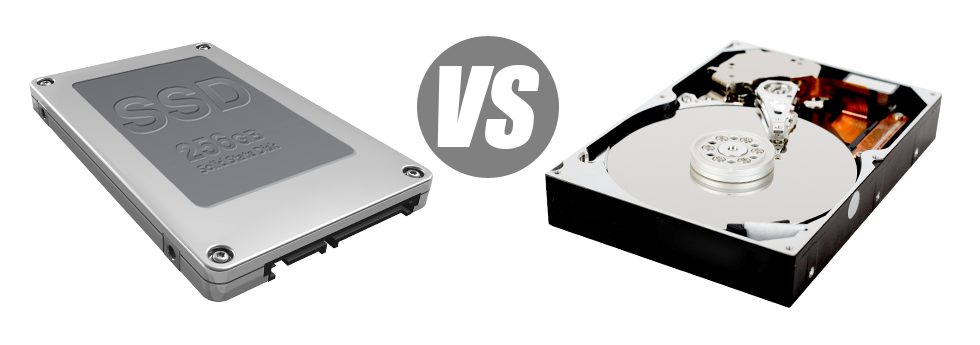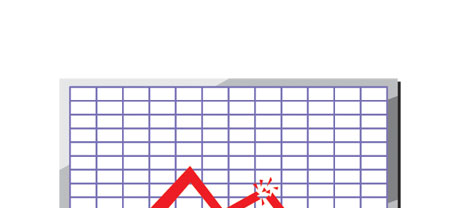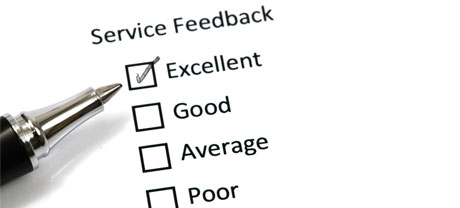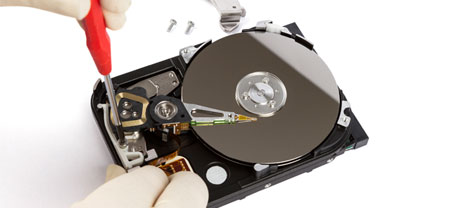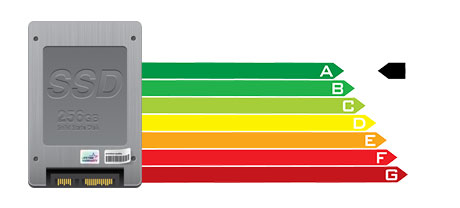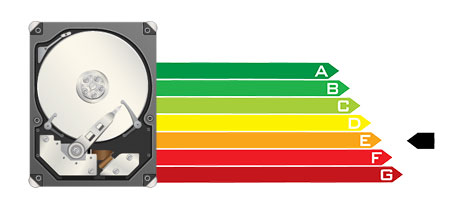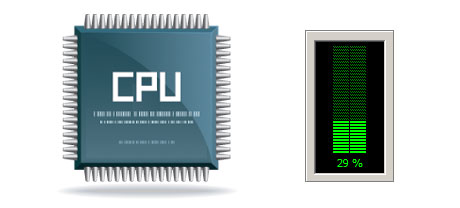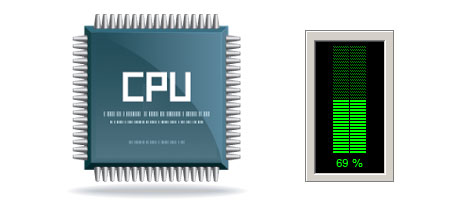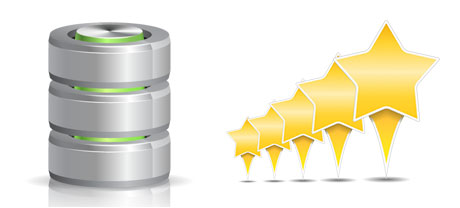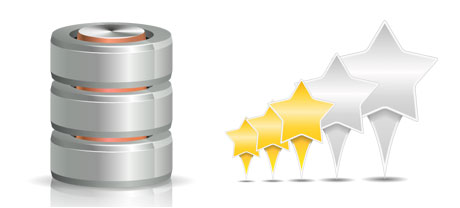Nowadays, all brand new personal computers have SSD drives instead of HDD drives. You’ll notice superlatives about them throughout the professional press – that they’re quicker and function much better and that they are actually the future of home computer and laptop computer generation.
Even so, how can SSDs fare inside the website hosting world? Could they be well–performing enough to substitute the established HDDs? At Entrinsik Group, we’ll aid you better see the dissimilarities among an SSD and an HDD and judge the one that best fits you needs.
1. Access Time
SSD drives present a brand new & ground breaking approach to data safe–keeping based on the utilization of electronic interfaces instead of just about any moving parts and spinning disks. This new technology is faster, making it possible for a 0.1 millisecond data file accessibility time.
HDD drives still take advantage of the very same general data access concept that’s initially created in the 1950s. Despite the fact that it was much advanced ever since, it’s sluggish as compared with what SSDs are offering to you. HDD drives’ data access speed ranges between 5 and 8 milliseconds.
2. Random I/O Performance
The random I/O performance is extremely important for the overall performance of any data storage device. We’ve conducted thorough exams and have confirmed an SSD can manage at least 6000 IO’s per second.
During the same trials, the HDD drives demonstrated that they are much slower, with 400 IO operations addressed per second. While this may appear to be a significant number, for people with an overloaded server that contains a great deal of well–liked sites, a slow harddrive may lead to slow–loading web sites.
3. Reliability
The lack of moving elements and spinning disks inside SSD drives, as well as the current improvements in electrical interface technology have generated a substantially less risky data file storage device, with a common failing rate of 0.5%.
Since we have already noted, HDD drives use rotating hard disks. And anything that utilizes many moving components for continuous intervals is vulnerable to failing.
HDD drives’ normal rate of failing ranges among 2% and 5%.
4. Energy Conservation
SSDs do not have moving elements and need hardly any cooling down power. They also require a small amount of energy to function – tests have demostrated that they’ll be operated by a normal AA battery.
In general, SSDs use up between 2 and 5 watts.
HDD drives are known for getting noisy; they can be more likely to overheating and if there are several hard drives inside a server, you must have an extra air conditioning unit used only for them.
All together, HDDs consume somewhere between 6 and 15 watts.
5. CPU Power
SSD drives support a lot faster data file access rates, that, in return, permit the processor to finish data requests considerably faster and to return to other jobs.
The regular I/O hold out for SSD drives is actually 1%.
By using an HDD, you need to dedicate time watching for the outcomes of one’s data file query. It means that the CPU will remain idle for much more time, waiting for the HDD to react.
The average I/O wait for HDD drives is about 7%.
6.Input/Output Request Times
It’s time for a few real–world examples. We ran a full platform backup with a server only using SSDs for data storage purposes. During that process, the standard service time for any I/O request stayed under 20 ms.
With the exact same hosting server, however this time furnished with HDDs, the outcome were very different. The normal service time for any I/O query fluctuated in between 400 and 500 ms.
7. Backup Rates
One more real–life advancement is the speed at which the backup is produced. With SSDs, a web server back up now can take only 6 hours by making use of Entrinsik Group’s hosting server–enhanced software solutions.
Alternatively, with a hosting server with HDD drives, an identical data backup could take three or four times as long to finish. A full backup of an HDD–driven web server usually takes 20 to 24 hours.
Our Linux VPS servers plus our typical Linux hosting service accounts include SSD drives by default. Be a part of our Entrinsik Group family, and find out how we may help you help your web site.
Hepsia
- Live Demo
Service guarantees
- Subscribe today. There aren’t any setup fees and you will have complete root access to your server. 99.9% network availability is guaranteed.
Compare our prices
- Check out our pricing and choose the very best Virtual Private Server for your powerful sites. You’re able to migrate to a more feature–rich VPS Hosting configuration with just a click.
- Compare our hosting plans
Contact Us
- Contact us 24x7x365 by email or by employing Entrinsik Group’s ultra–fast ticketing system. Our techs are ready to answer all of your queries within just 60 minutes.
